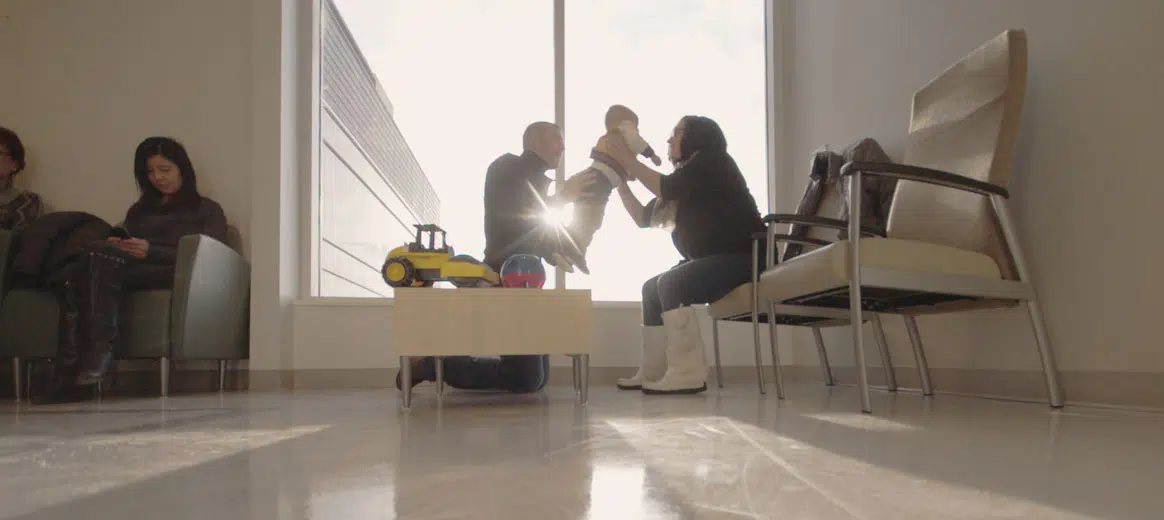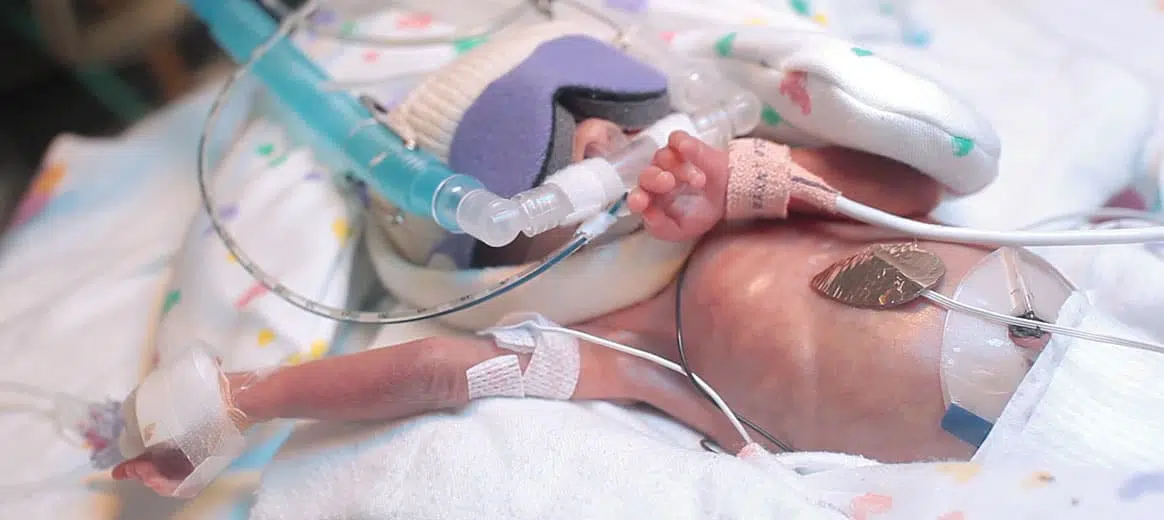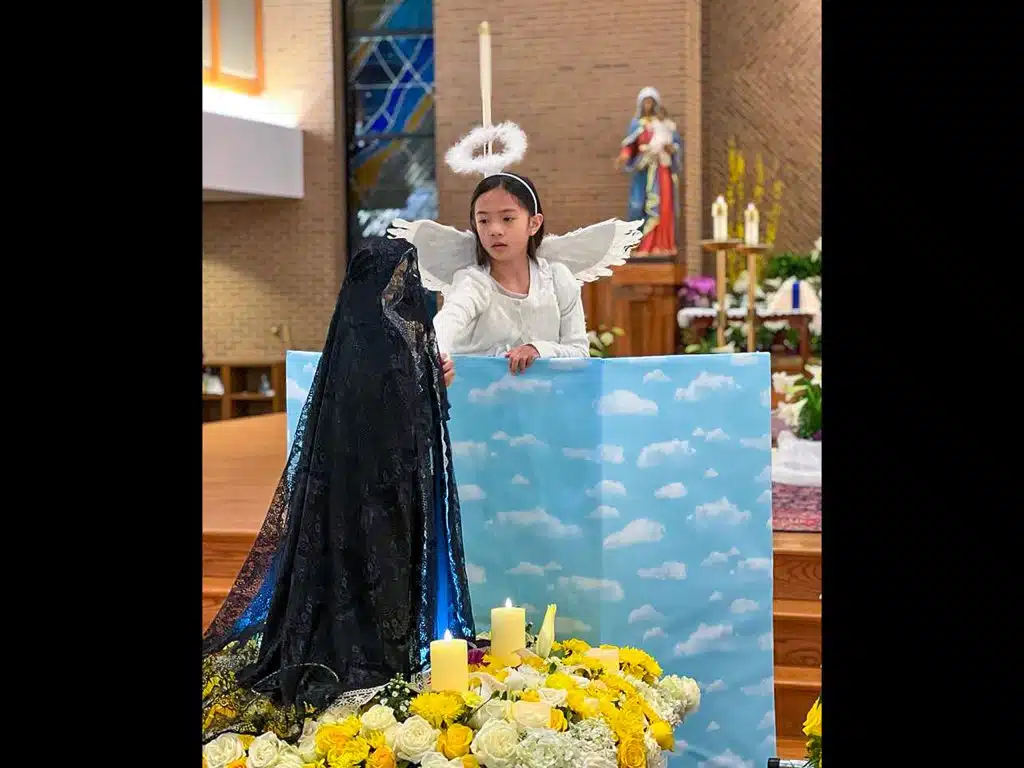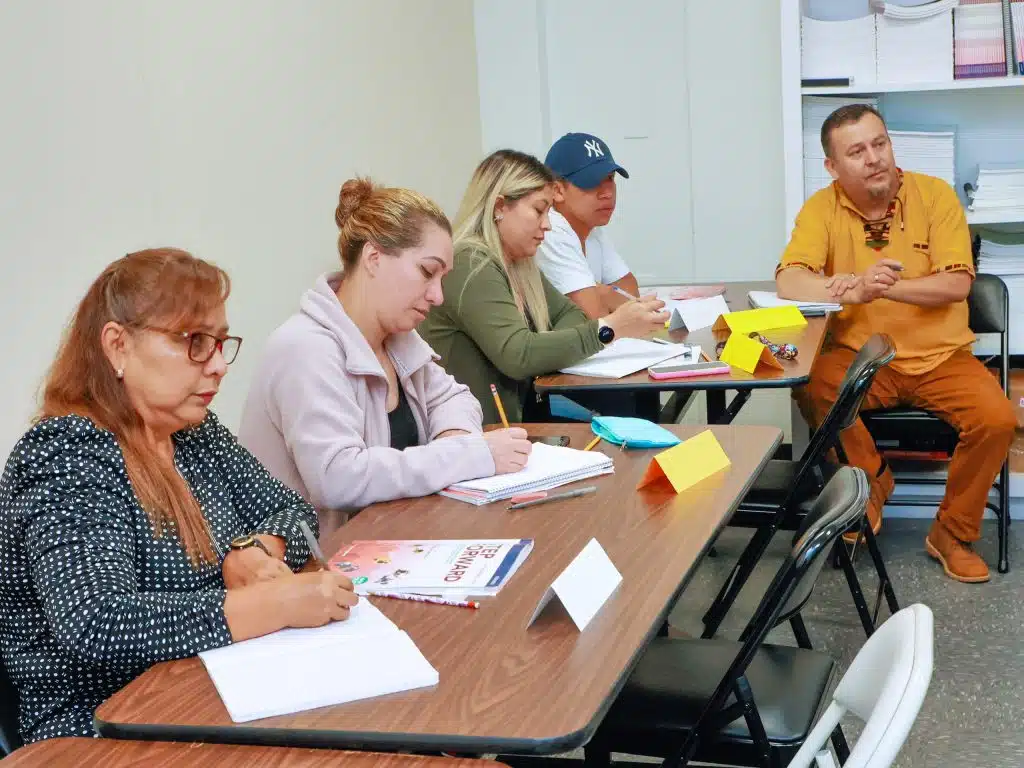A recent documentary makes the connection between abortion and breast cancer, premature birth and psychological trauma.
The film, “Hush,” begins as an investigation into the harmful health effects caused by abortion. Canadian director Punam Kumar Gill collected a staggering amount of scientific research and approached organizations, such as the National Cancer Institute, that refused to comment.
What’s unique about “Hush” is that it questions abortion not from the standpoint of morality, but a “neutral” perspective, opening the conversation up to both sides of the issue.
“I think that the movie is very pro-women and pro-information,” said Drew Martin, executive producer of “Hush” and president of Mighty Motion Pictures. “In the movie, it’s clear that Punam starts off with a very (uninformed) opinion of abortion. Being a feminist, (she thinks) it must be good.”
What triggered Gill’s exploration into abortion, despite her “pro-choice” leanings, was a report on sex-selective abortions. It troubled her that her nation’s president, Justin Trudeau, said he wouldn’t oppose these abortions, and no one in the Canadian Liberal Party disagreed.
“(Punam) didn’t understand why women would be exercising this choice to take the lives of women. This was really upsetting to her,” said Martin.
The production team spent six months gathering research, which is presented in the film by scientists, researchers, therapists and women who’ve had abortions. One by one, 42 different medical sources show an unnerving correlation between the increase in abortions and the increase in breast cancer and
premature birth.
According to the film’s research, abortion dramatically curtails the changes in a woman’s body during pregnancy. One of those changes is increased levels of estrogen and progesterone, which are sent to the breasts. The hormonal change helps develop milk-producing tissue. Terminating a pregnancy ends the growth
of these immature tissues and leads to abnormal, and possibly cancerous, cells.
Gill narrates the film, inviting the audience to a neutral conversation about abortion as she seeks answers.
“Hush” attains a David and Goliath feel when Gill is denied interviews with the World Health Organization, the American Cancer Society, the National Cancer Institute, the American College of Obstetricians and Gynecologists and more. Officials told Gill to read their online statements,
asserting there is no association between abortion and breast cancer and premature birth.
“It was surprising to us that they didn’t want to talk to us,” said Martin. “We thought this was all public knowledge. So, we were just looking for a comment to why they came to those conclusions.”
Since the documentary’s release in 2015, it has won six awards from international film festivals. It continues to compete in festivals and is screened worldwide, including on college campuses.
“The film is not so much about abortion, but telling about it. We’re not talking about the morality, that’s a different documentary,” said Martin. “Consequentially, it was disarming.”
While there have been negative reviews of the film’s scientific research, “Hush” makes a third assertion about the large number of women who have had abortions and then suffer from emotional and psychological trauma.
“(‘Hush’) is about women whose experience can’t be ignored. We honor women with the truth,” said Martin.
Staff members of the diocesan
Project Rachel know firsthand the pain of post-abortive women. The ministry provides spiritual and psychological support for women seeking help after abortion.
Josephine Balsamo, program coordinator of Project Rachel, said that their clients often wonder why there is silence after abortion when the culture tells them it’s their legal right. Sometimes it’s 10, 20 or more years after an abortion when Project Rachel receives a phone call.
“God wants us to be restored,” said Sarah LaPierre, program director of Project Rachel. “Now, they’re back to Christ, they’re living their identity in Christ.”
Andrea Pearson, a member of
Silent No More, shared her witness at a screening of “Hush” at St. Theresa School March 29. “I sat there waiting for the feeling of relief. There was no feeling of relief. There was shame,” she said.
Tricia Suarez, co-coordinator of the school’s
Lifesavers Club, hosted the viewing in conjunction with the parish Respect Life Committee after Students for Life contacted her. Suarez felt the content of the film was meant for all audiences and opened the screening to the parish.
“In an era that is all about empowering women, this is information that should be explored and shared,” said Suarez. “I was deeply troubled that so many people and organizations close the door and are silent to these discussions. Women have a right to know.”






